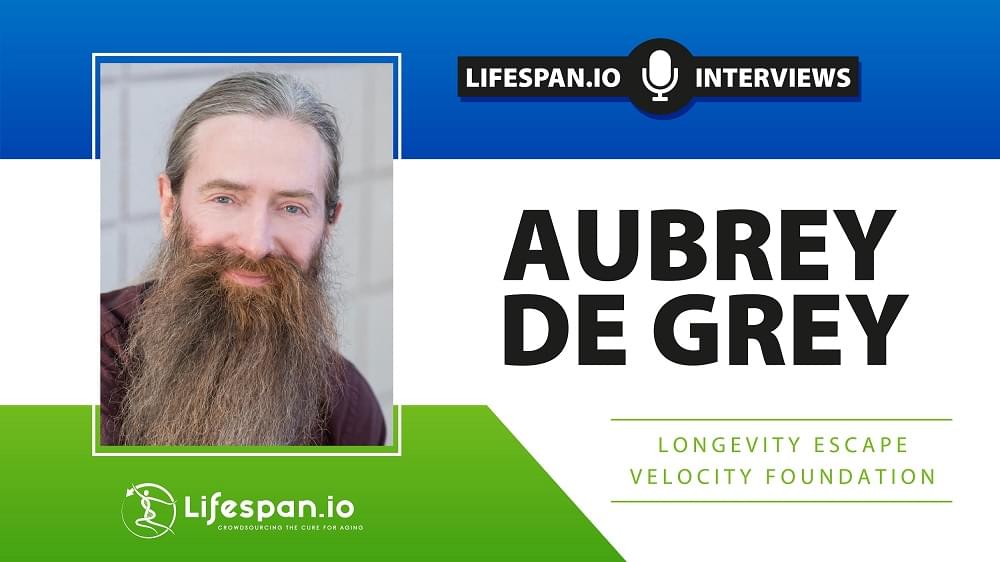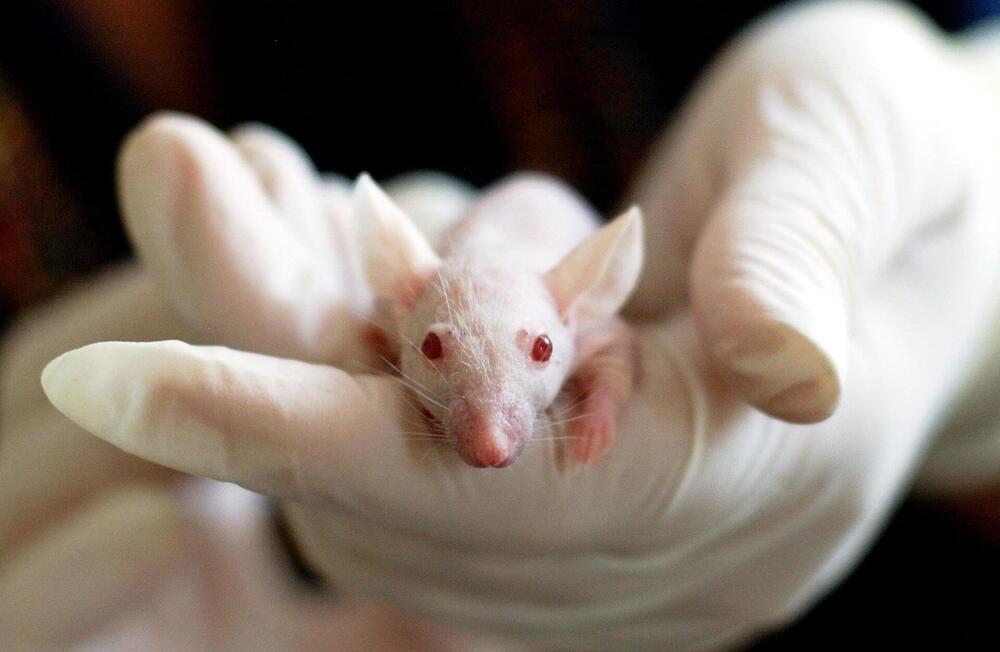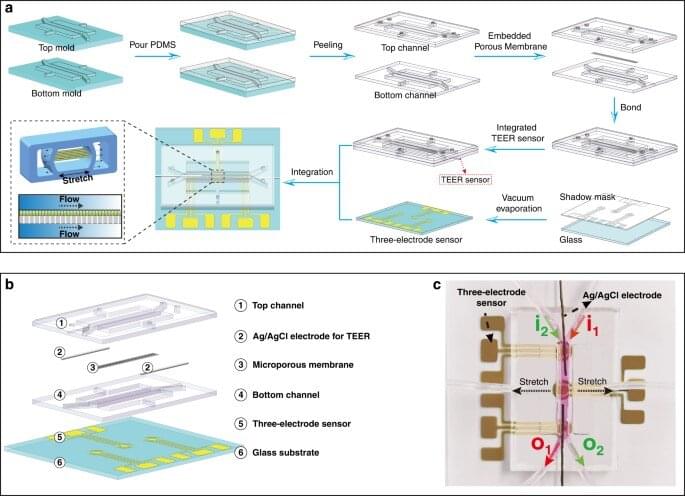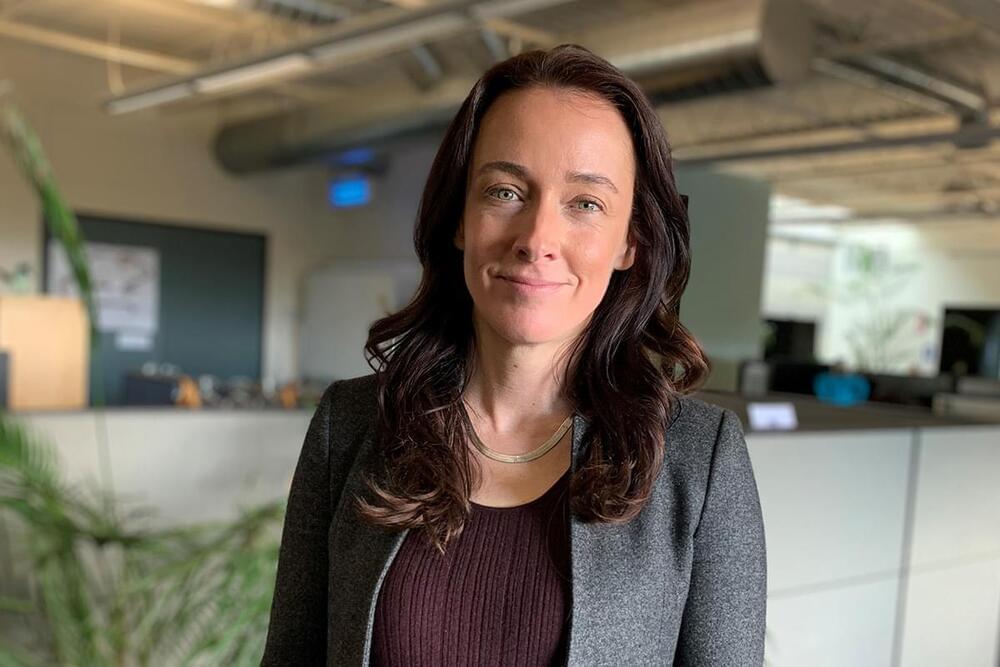Some health conditions associated with appeared early and consistently long before diagnosis, while others became significant much later, a cohort study suggested.
For people with a subsequent diagnosis of Alzheimer’s disease, the earliest and most consistent associations at all time points over a 15-year span included depression, erectile dysfunction, gait abnormalities, hearing loss, and nervous and musculoskeletal symptoms, reported Lori Beason-Held, PhD, of the National Institute on Aging in Baltimore, and co-authors.
For those eventually diagnosed with vascular, the earliest and most consistent associations across 13 years were an abnormal electrocardiogram (EKG), cardiac dysrhythmias, cerebrovascular disease, non-epithelial skin cancer, depression, and hearing loss, the researchers reported in Annals of Neurology.







